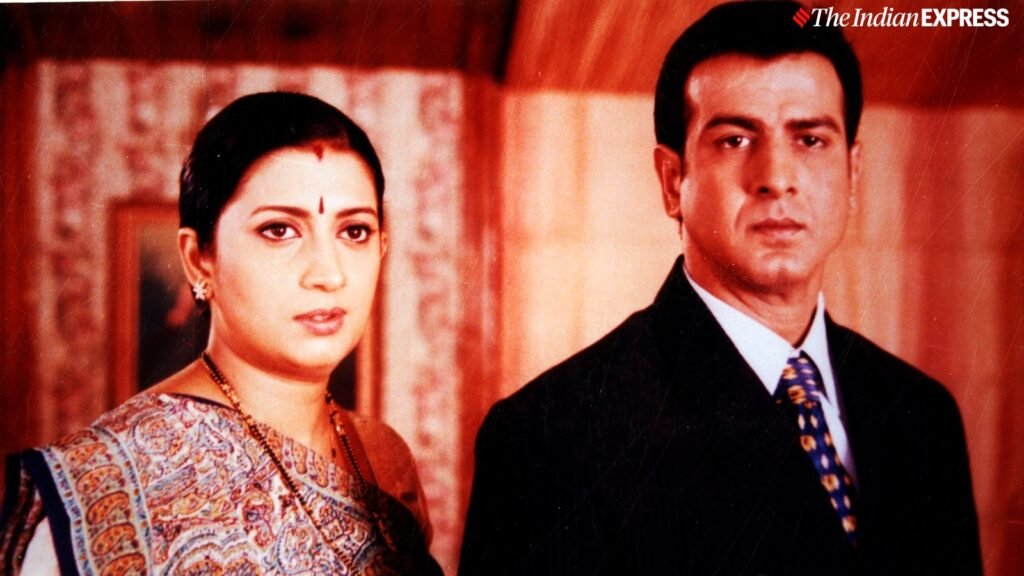After more than two decades, Kyunki Saas Bhi Kabhi Bahu Thi is set to return, and so is Smriti Irani in her iconic role as Tulsi Virani. But while fans celebrate the nostalgia, Irani’s return also reignites a vital conversation around gender, power, and pay parity in the entertainment industry.
Appearing alongside Karan Johar on We The Women, Irani candidly reflected on the challenges of being a female lead in television during an era where financial equity was rarely discussed, let alone demanded.
“Today, in the so-called woke generation that you speak of, there is a huge conversation around pay parity,” Irani began, acknowledging the shifts in discourse. “That was the time when we broke the so-called glass ceiling, where the female protagonist unabashedly said that I’m paid more than the male actor.”
However, this wasn’t the case from day one. “I was not paid more than the male protagonist when I had signed the contract,” she clarified, recalling the initial imbalance. But what changed? “I was successful in bridging pay parity after I created a space over time with the support of my producer,” Irani said, attributing much of this shift to her collaboration with trailblazing television producer Ekta Kapoor.
Irani strongly believes that Kapoor’s penchant for disruption played a key role in changing the rules. “If this is to happen again in Kyunki Saas Bhi Kabhi Bahu Thi’s return, I believe given Ekta Kapoor’s inclination of pushing the envelope, she would do it again,” she said confidently.
The question of equal pay is no longer only about numbers; it’s about narratives. According to Sridhar Laxman, executive coach and founder of Lucid Minds Coaching, “In coaching conversations, I hear it repeatedly. ‘She got the promotion, but not the pay.’ ‘I was told to be patient, that recognition will come.’ These aren’t outliers. They are patterns.”
Laxman, who has conducted over 5,000 executive coaching sessions in 14 years, observes that pay gaps are often rooted as much in internalised beliefs as in external systems. “Stories that say: ‘Don’t rock the boat. Wait your turn. Be grateful to be here.’ But here’s the truth: silence is expensive,” he says.
Story continues below this ad
He points out that not negotiating, even once, can result in substantial financial and professional costs over a 30-year career. To change this, Laxman offers five practical strategies:
- Start with your story – “Your inner script shapes your outer stance. Rewrite it.”
- Turn data into dialogue – “Use numbers as the opening, not the anchor.”
- Make the invisible visible – “Track your impact. Not just effort, but results.”
- Practice the Ask aloud – “Don’t let your first ask be the real one.”
- Create your power circle – “Find mentors, sponsors, peers, and allies who challenge you to rise.”
Ultimately, as Laxman puts it, “This isn’t just about what you earn but what you believe you’re worth and the legacy that belief leaves behind.”

